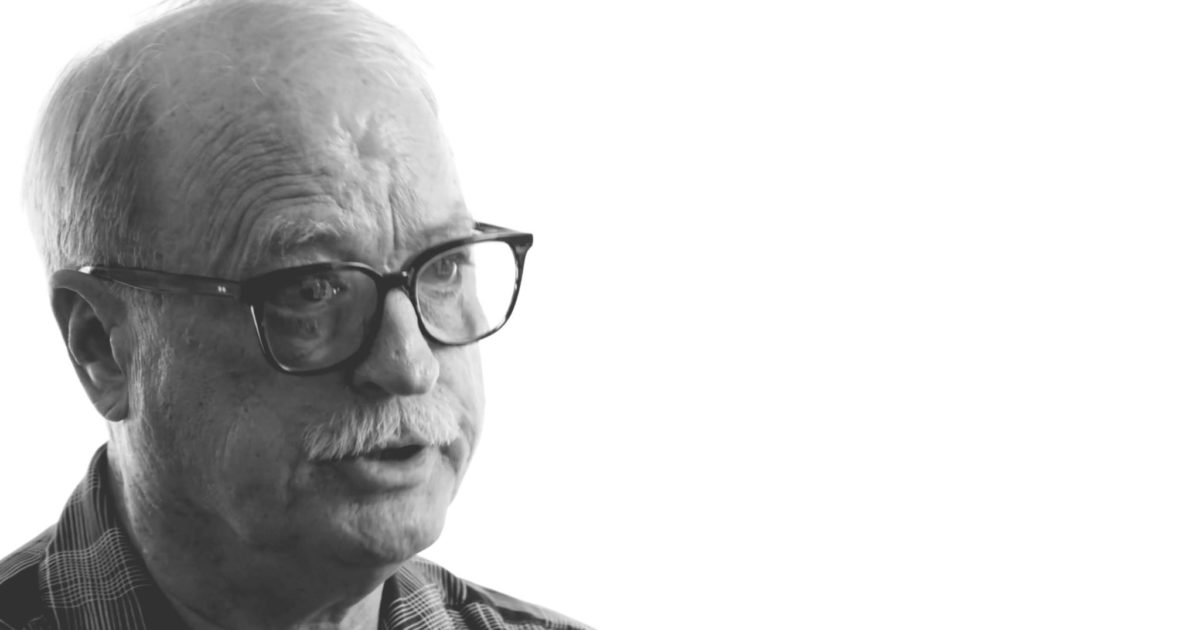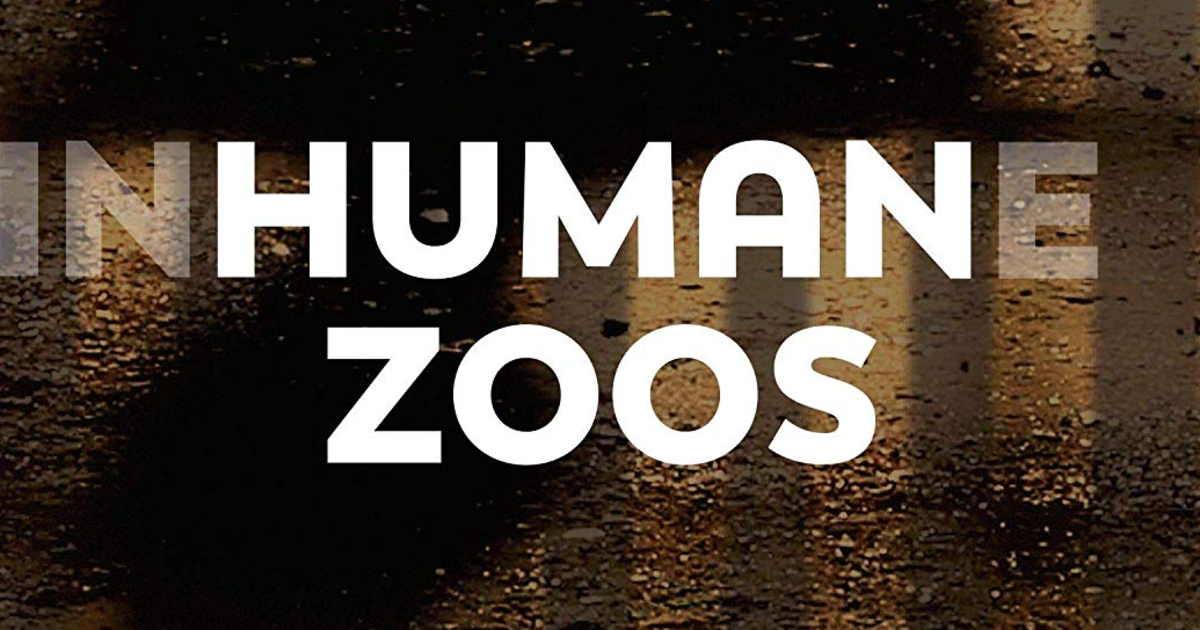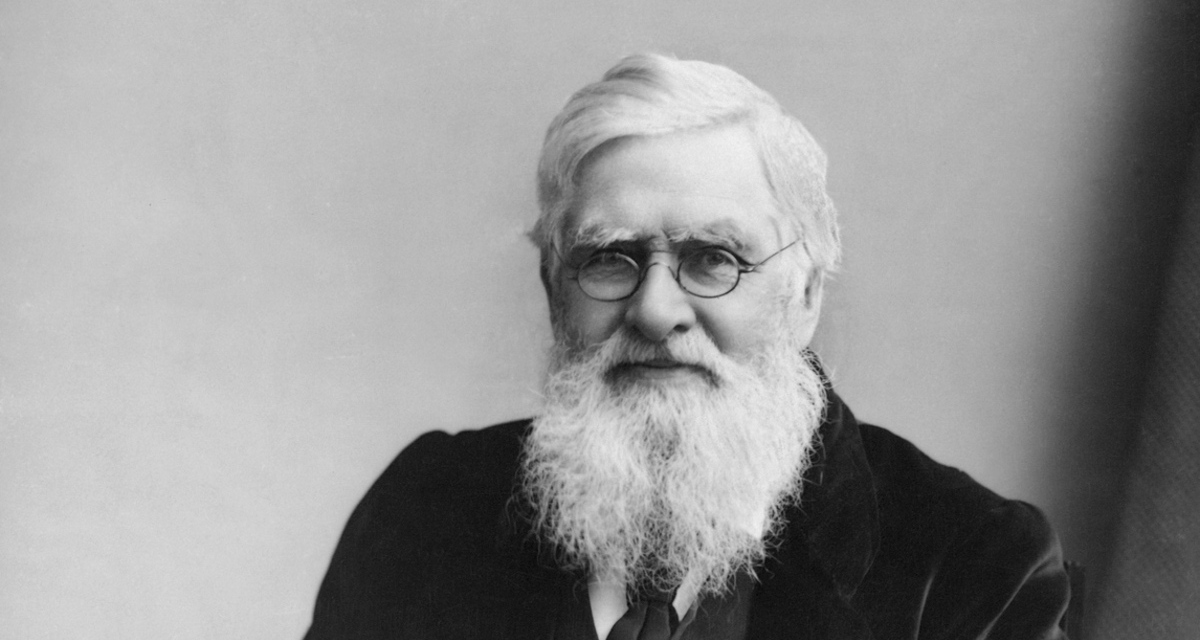Rabbi Moshe Averick Takes on Stephen Hawking’s Nonsense of a High Order
On this episode of ID the Future, Ira Berkowitz interviews Rabbi Moshe Averick, author of Nonsense of a High Order: The Confused World of Modern Atheism, about Stephen Hawking’s comments on God and religion in Hawking’s posthumously published Brief Answers to the Big Questions. Averick describes the work as “superficial,” “convenient” and marked by “a glaring lack of profundity.” Or as the rabbi puts it, “If he did physics that way his university would have fired him.” Listen in to hear why Averick has such a problem with the new book.
Read More ›



